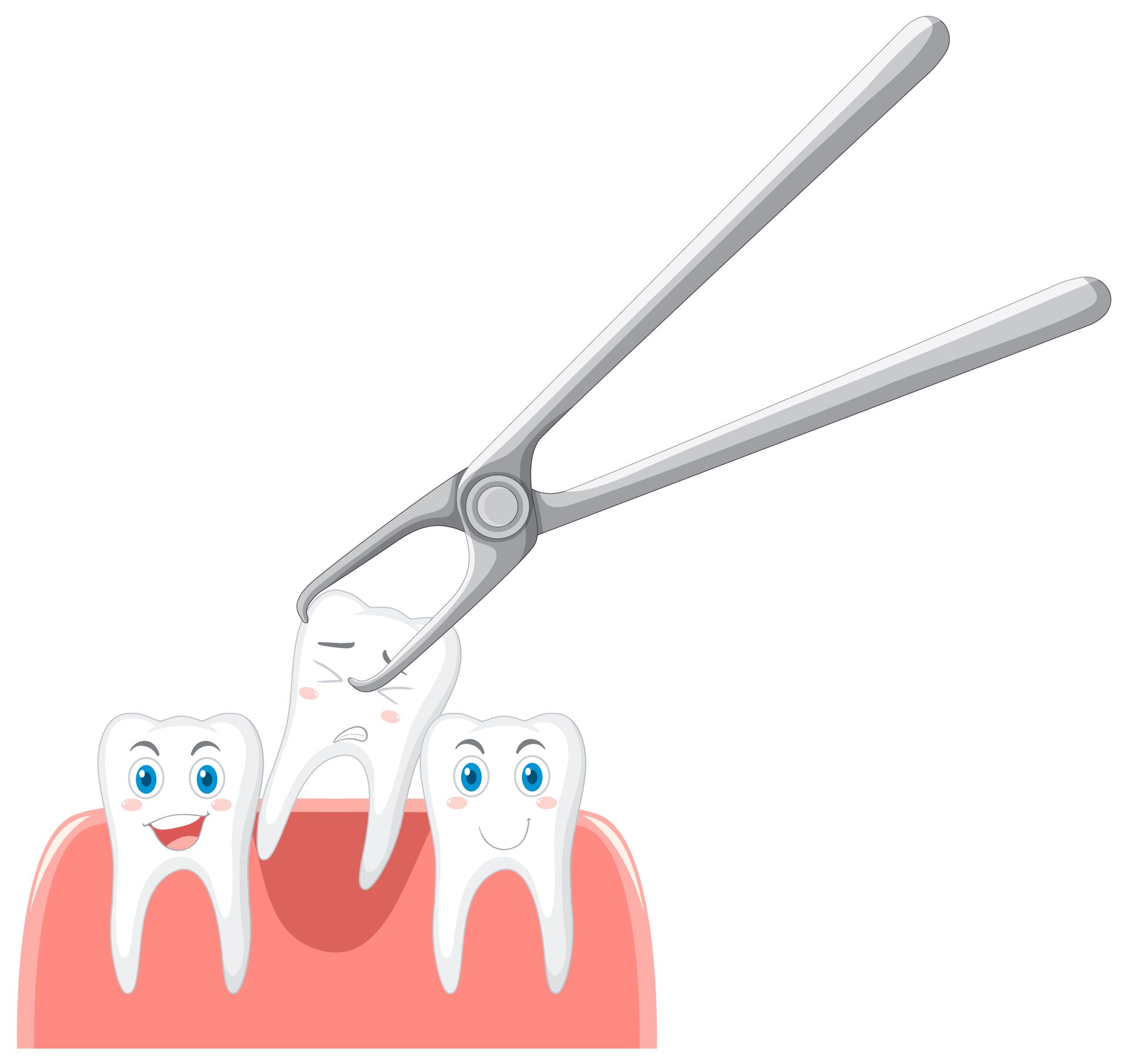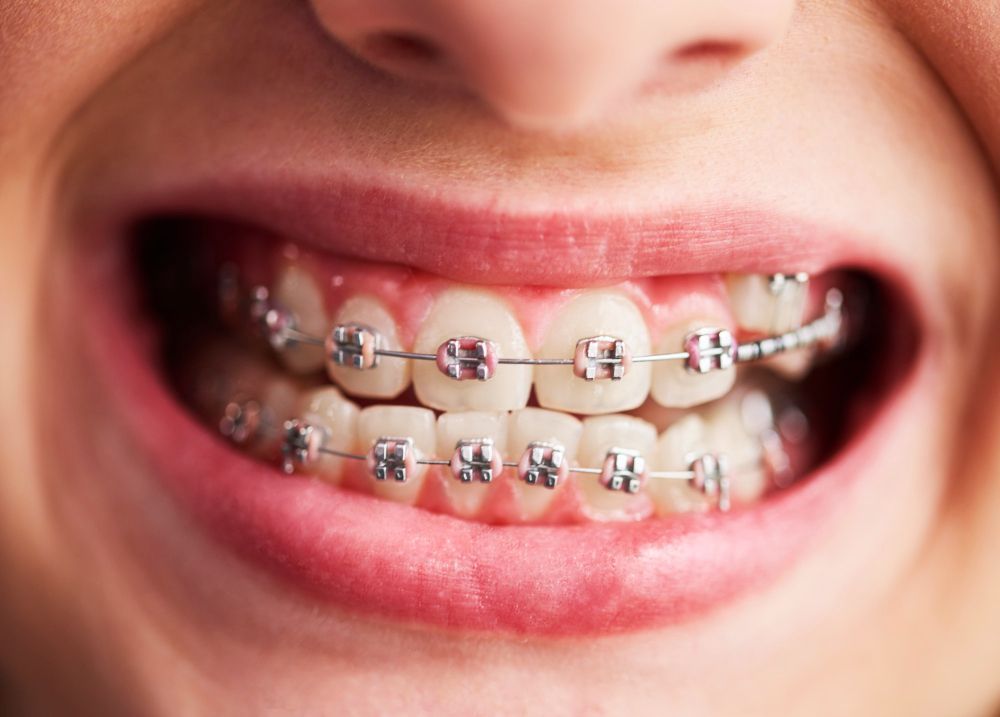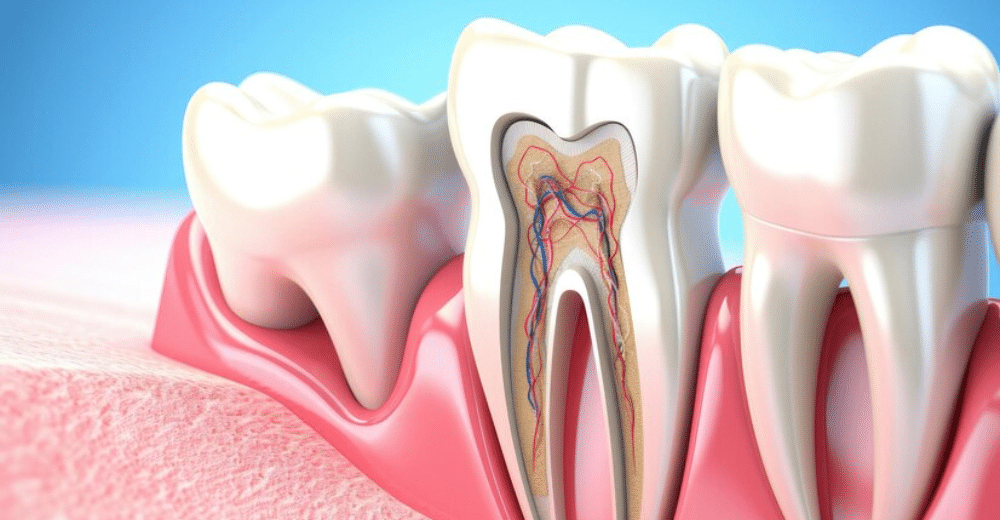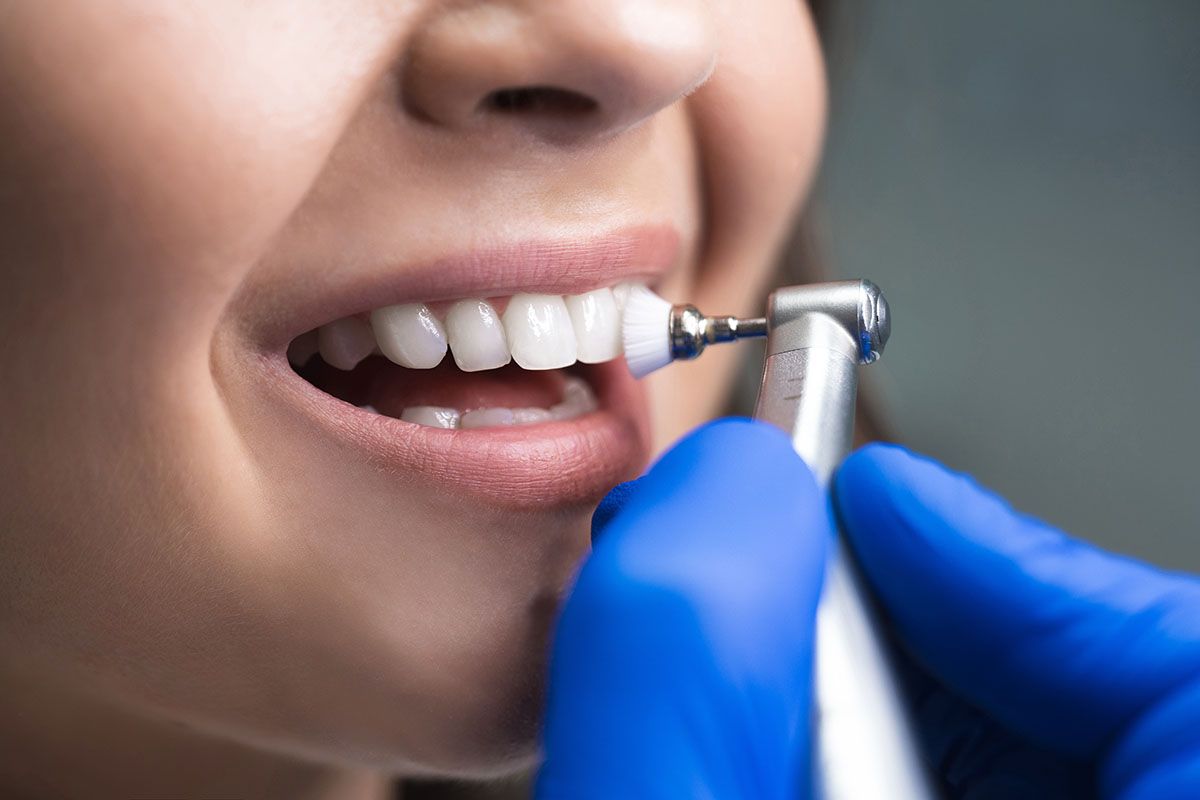Comprehensive Guide to Dentures
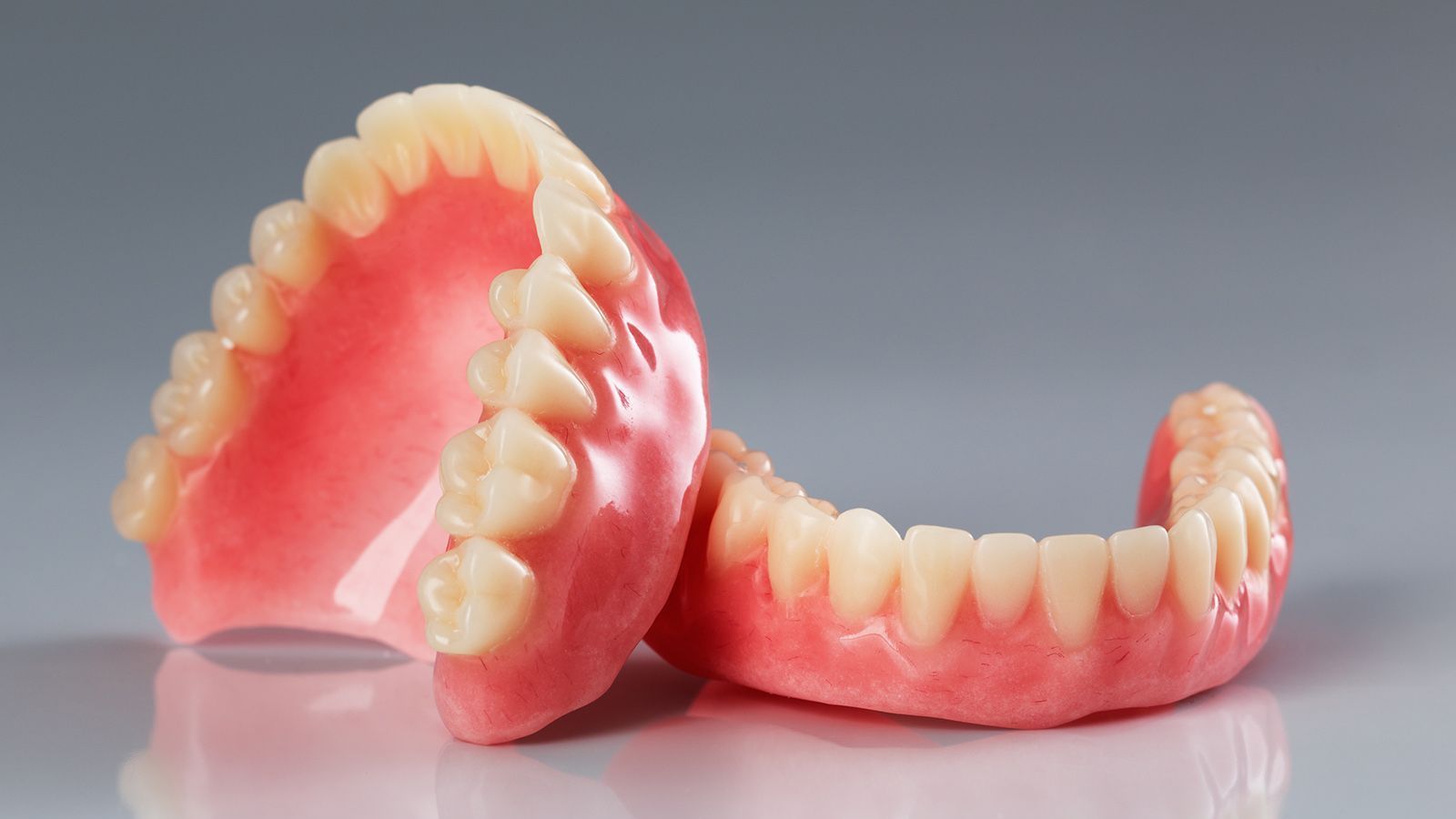
Acrylic, Metal Frame, Cobalt-Chrome, Flexible Dentures, Repairs, and Relines
Dentures have long been a reliable solution for replacing missing teeth, offering both functionality and aesthetics. With advancements in dental technology, patients now have various options to choose from, including acrylic, metal frame, cobalt-chrome, and flexible dentures. This comprehensive guide will explore the different types of dentures, their benefits, and the process of repairs, relines, and impressions to ensure the perfect fit. Reclaim your smile with custom dentures from our specialist team today!
1. Understanding Dentures: Dentures are removable prosthetic devices designed to replace missing teeth. They are custom-made to fit your mouth and can be tailored to meet specific needs.
Types of Dentures:
- Complete Dentures: Replace all teeth in the upper or lower jaw.
- Partial Dentures: Replace one or more missing teeth, secured by clasps onto the remaining natural teeth.
2. Acrylic Dentures: Affordable and Versatile
Acrylic dentures are the most common type, made from a plastic material that closely resembles gum tissue.
Advantages:
- Affordable: Typically less expensive than other types of dentures.
- Aesthetic Appeal: The pink acrylic base mimics natural gum color.
- Easy Adjustments: Simple to modify for a better fit.
Considerations:
- Durability: Acrylic dentures may wear down faster than other types.
- Thickness: Can be bulkier, which might feel less natural.
3. Metal Frame and Cobalt-Chrome Dentures: Strength and Stability
Metal frame dentures, often made from cobalt-chrome, offer a more durable and stable solution.
Benefits:
- Strength: Metal frames are highly durable and less likely to break.
- Thin and Lightweight: Despite their strength, they are thinner and more comfortable to wear.
- Precision Fit: Metal frames are custom-made for a snug fit, reducing the risk of movement.
Considerations:
- Cost: Generally more expensive than acrylic dentures.
- Metal Sensitivity: Not suitable for patients with metal allergies.
4. Flexible Dentures: Comfort and Aesthetics
Flexible dentures are made from a softer, more pliable material that adapts to the contours of your mouth.
Advantages:
- Comfort: The flexible material provides a more comfortable fit, especially for patients with sensitive gums.
- Aesthetic Appeal: The translucent material blends well with the natural colour of your gums.
- No Metal Clasps: Ideal for patients who prefer not to have visible metal parts.
Considerations:
- Durability: While flexible dentures are comfortable, they may not be as durable as metal frame dentures.
- Cost: Typically more expensive than acrylic dentures.
5. Denture Repairs: Maintaining Functionality and Comfort
Over time, dentures may require repairs due to wear, damage, or changes in the mouth's structure.
Common Issues:
- Cracks or Breaks: Accidental drops or normal wear and tear can cause cracks or fractures.
- Loose Fit: Over time, dentures may become loose due to changes in the shape of your gums.
- Staining: Dentures can become stained from food, drinks, or smoking.
Repair Process:
- Quick Fixes: Minor repairs can often be completed within a day.
- Professional Repairs: It’s crucial to have dentures repaired by a professional to avoid further damage.
6. Denture Relines: Ensuring the Perfect Fit
A denture reline involves reshaping the underside of the denture to improve its fit against the gums.
Why Relines Are Needed:
- Gum Changes: Over time, gums can shrink or change shape, leading to a loose fit.
- Improved Comfort: A reline can make dentures more comfortable by ensuring they fit snugly against the gums.
Types of Relines:
- Hard Reline: Involves adding a new layer of acrylic to the denture base.
- Soft Reline: Uses a softer material for patients with sensitive gums.
The Process:
- Impressions: The dentist will take an impression of your gums to create the reline.
- Application: The reline material is added to the denture base and adjusted for a perfect fit.
7. The Importance of Accurate Impressions
Accurate dental impressions are crucial for creating well-fitting dentures.
Process:
- Initial Consultation: During the first visit, your dentist will take detailed impressions of your gums and any remaining teeth.
- Custom Fabrication: The impressions are sent to a dental lab, where your custom dentures are crafted.
- Final Fitting: Once the dentures are ready, they are fitted, and any necessary adjustments are made.
Dentures are a versatile and effective solution for tooth replacement, offering options tailored to your specific needs and preferences. Whether you opt for acrylic, metal frame, cobalt-chrome, or flexible dentures, maintaining them with regular repairs and relines is essential for long-term comfort and functionality.











